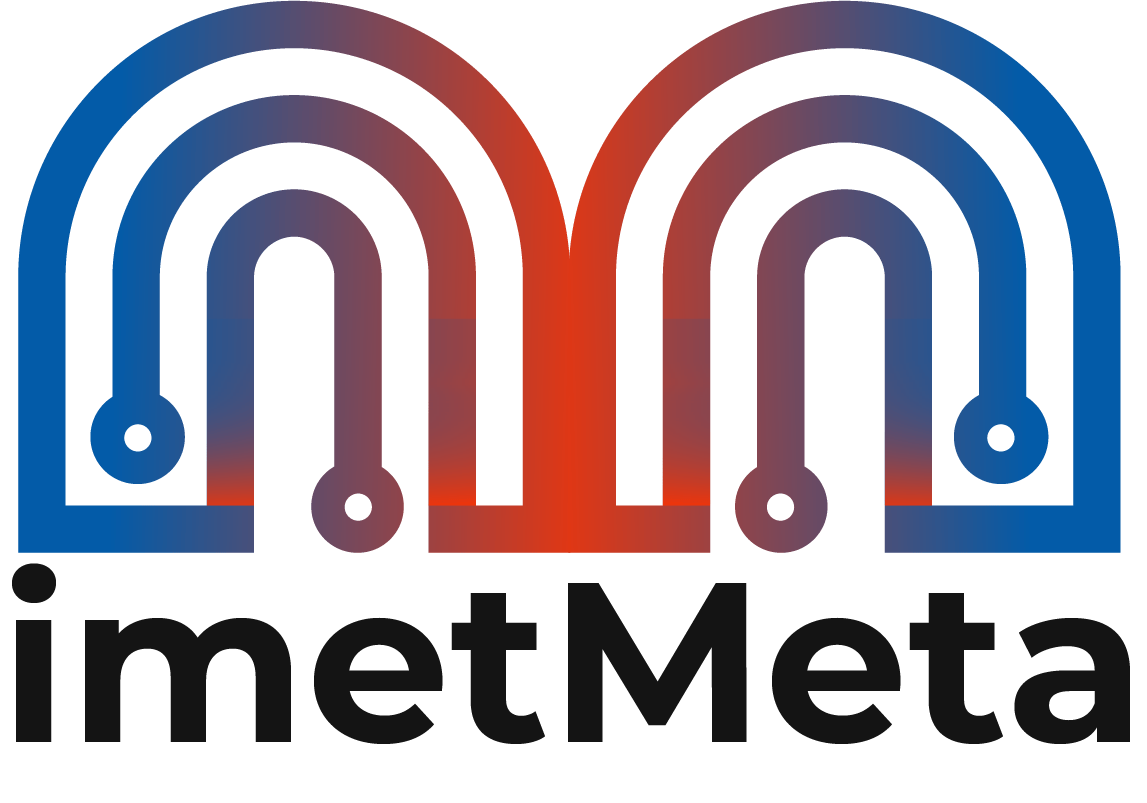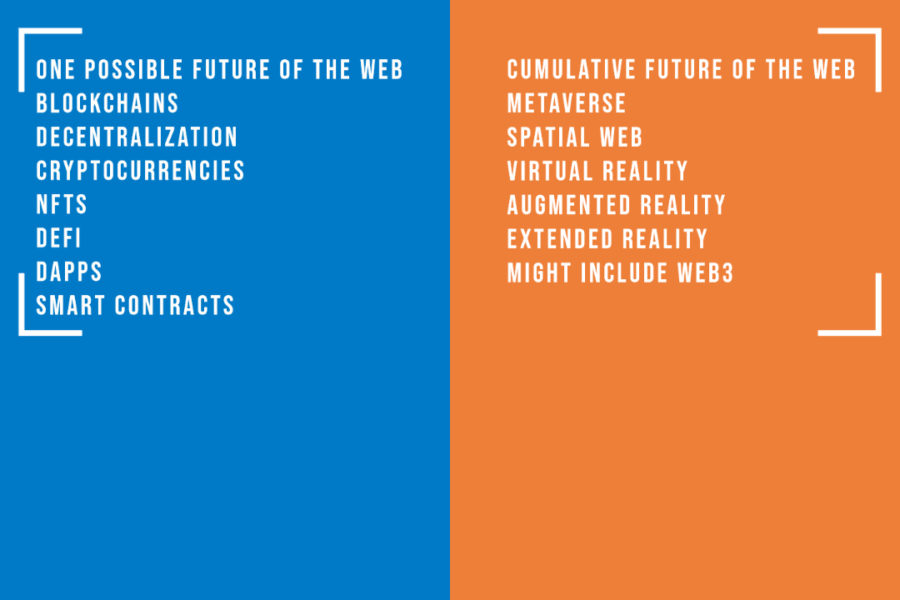Note: We are not offering legal or financial advice. We also are not endorsing or opposing any political candidate or party. This is an opinion piece covering a recent government press release.
A sanction announced this morning in a press release by the US Department of The Treasury’s Office of Foreign Assets Control (OFAC) could mean jail time for many innocent Web3 enthusiasts.
The department announced this morning that it’s blacklisting Tornado Cash. Tornado Cash has allegedly been used to launder stolen cryptocurrencies for hackers in North Korea. It’s now deemed a national security risk.
The platform “has been used to launder more than $7 billion worth of virtual currency since its creation in 2019. This includes over $455 million stolen by the Lazarus Group, a Democratic People’s Republic of Korea (DPRK) state-sponsored hacking group that was sanctioned by the U.S. in 2019,” said the press release.
“All transactions by U.S. persons or within (or transiting) the United States that involve any property or interests in property of designated or otherwise blocked persons are prohibited unless authorized by a general or specific license issued by OFAC, or exempt.”
Why That Could Mean Trouble for Innocent Web3 Enthusiasts
How can this affect you? According to the release, “all U.S. persons and entities are prohibited from interacting with Tornado Cash or any of the Ethereum wallet addresses tied to the protocol. Those who do may face criminal penalties” (emphasis added).
The potential threat to you comes from the ambiguity of the language. The press release simply stated “interacting.” It did not specify further what specific interactions are included or to what degree those wallets must be tied to the protocol.
Unfortunately, ambiguous language in government regulations is not grounds for an effective defense. It’s typically safer to assume that it’s all-encompassing.
To be clear, this is not limited to those who used Tornado Cash. Interacting with block addresses is also banned, even if you didn’t know the address was blocked. If you’re new to Web3, also remember that every blockchain transaction is stored in an immutable public ledger.
According to Dapps University Founder Gregory, this could include a simple NFT sale. For example, if you listed an NFT on an marketplace and a completely random person buys it with an address that’s associated with Tornado, you have just received money from a blocked address. That likely counts as an interaction in ambiguous terms.
Gregory also lists several other circumstances in which enthusiasts can unknowingly interact with a blocked address. He reminds us that the government doesn’t care about your intentions during the transactions: “It doesn’t matter what your intentions, are, this can be the type of situation where you are facing criminal charges for…interacting with any account address [or] wallet that is even linked with this.”
Additionally, the Treasury Department said, “As a result of today’s action, all property and interests in property of the entity above, Tornado Cash, that is in the United States or in the possession or control of U.S. persons is blocked and must be reported to OFAC. In addition, any entities that are owned, directly or indirectly, 50 percent or more by one or more blocked persons are also blocked. These prohibitions include the making of any contribution or provision of funds, goods, or services by, to, or for the benefit of any blocked person and the receipt of any contribution or provision of funds, goods, or services from any such person” (emphasis added).
So, Americans who unknowingly possess properties associated with Tornado Cash may also face legal repercussions if they do not report them to OFAC.
The Treasury Department has provided a list of the wallet addresses identified so far. Unfortunately, it’s a very short list that is unlikely to include every banned entity.
Here’s What You Can Do
There are two steps we can take to mitigate the potential fallout of this decision.
Note: Again, this is an opinion, not legal or financial advice.
1. Proceed With Caution When Interacting With Web3 Addresses
Unfortunately, this is very difficult at best and often impossible. It means scrutinizing each transaction and platform in a manner that’s just not practical for most people.
Ultimately, it could mean significantly scaling back sales and transfers of Web3 assets. The federal government is often accused of having a vested interest against cryptocurrencies, and many enthusiasts believe they have been searching for ways to either ban or severely limit Web3 activities. They seem to have indirectly succeeded with the latter in this decision.
2. Contact Your Federal Representatives
We stated the importance of holding representatives accountable in a previous post. That importance cannot be overstated.
Measures like this could mean prison time for innocent people. Building a legal defense against charges based on sanctions can be expensive and complicated. Most Americans lack the knowledge and resources for a proper defense.
This is why it’s vital for us to stay in touch with our Senators and Congressional Representatives. We have to put pressure on the government officials we elect to serve us to act in our best interests. Otherwise, they’ll make sweeping, dangerous moves like this.








Recent Comments